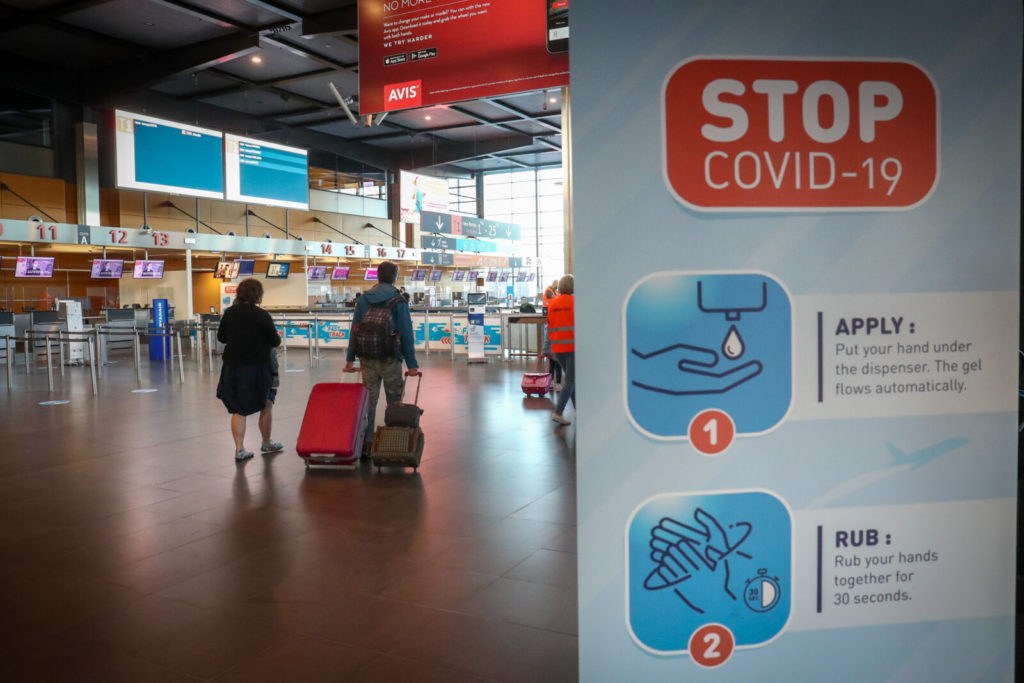A vast majority of people in Belgium who have already travelled said the rules around travelling were clear and that the coronavirus guidelines at their destination are easy to accept and apply.
Around 72% of travellers said the rules were clear, whilst 88% found the measures imposed by other countries acceptable, according to the latest results of the Large Corona Study conducted by the UAntwerpen, in collaboration with the UHasselt, KU Leuven, ULB.
According to a first analysis of the results, half of the travellers believe that the coronavirus measures at their holiday destination were respected to the same extent as in Belgium, whilst 20% state that the guidelines were respected better, and another 30% believe that they weren't followed to the same extent.
Within the European Union, however, travellers from Belgium noticed a disparity in how well the measures are followed by people in various holiday destinations.
Related News
- 'Not a travel agency': test centres see aggression rise due to many travel tests
- Half of France turns red, Italy almost fully orange on European travel map
Travellers from Belgium ranked Austria and Spain well, saying the rules are very well respected here, however, in the Netherlands, the rules are not as well respected, according to almost 7 out of 10 Belgian travellers.
Meanwhile, they do not seem to change their vacation plans when their booked holiday destinations suddenly turn orange or red on the European coronavirus map, according to airlines and tour operators.
When looking at generational differences, of those aged between 18-35, almost 15% of the respondents underwent a coronavirus test during the past two weeks, and in more than half of the cases, the test was taken for travel purposes.
In other age groups, this figure was much lower: Around 6% among people between 36 and 65 years, and about 2% among people aged 65+.
In Belgium, those who have not yet had the chance to be fully vaccinated can request up to two free PCR tests from the government, which can be used for travel or for going to larger events.
However, more than four in ten people who apply for free coronavirus tests never have a test done, according to Karine Moykens, chairperson of the Inter-Federal Committee on Testing & Tracing.

